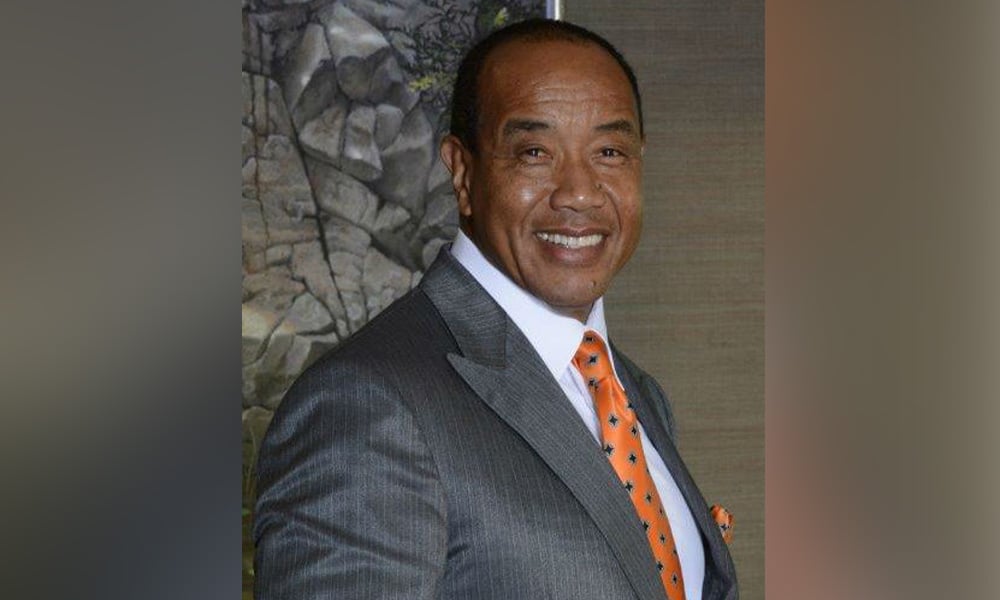It’s a Schadenfreude moment for independent advisors, with one of sports' biggest stars alleging a bank aided and abetted a fraud scheme costing him tens of millions of dollars.
It’s a Schadenfreude moment for independent advisors, with one of the NFL’s biggest stars alleging a bank aided and abetted a fraud scheme costing him tens of millions of dollars.
Dwight Freeney, a former defensive end with the Indianapolis Colts and the San Diego Charges, says that he, along with his company Roof Group, fell victim to a rogue advisor who was allowed by the Bank of America to siphon off more than $8.5 million from his accounts, according to the complaint.
“In 2010, Dwight Freeney authorized Bank of America to manage his assets, including his NFL salary,” said Jeffrey B. Isaacs, Freeney’s attorney, in a press release. “Two years later, Dwight had lost more than $20 million because of BofA’s fraud scheme.
"Mr. Freeney went to one of the nation’s biggest banks and asked for its help managing his finances,” Issacs continued. “And what did BofA do? BofA treated Dwight like a mark in a con-game.”
The attorney’s comments come at a time when independent advisors are more frequently named as part of high-profile investment schemes gone bad. The wealth management arm of the big banks have generally been untainted by those scandals until now.
The BoA has denied any wrongdoing in Freeney’s case.
"Although we sympathize with Mr. Freeney as the victim of a crime, the bank had nothing to do with the criminal scheme," said a spokesman in a statement. "The two people responsible for this wrongdoing have already been convicted."
#pb#
If proven guilty, this wouldn’t be the first time a big bank or major player’s been caught up in controversy related to Freeney. The former NFL player lost money on a restaurant named Rolling Stone in LA.
In 2012, a former associate at Merrill Lynch, Eva Weinburg and a close business associate were arrested for fraudulently wiring $2.2 million from Freeney’s account. Weinburg wasn’t registered as a financial advisor at the time, nor were there records to say she even worked in the industry.
However, the bank defended itself, saying the employees were dealt with and not a part of the company at the time.
"The primary wrongdoer [Stern] never worked for the bank or any of its affiliates," explained BofA, "and the other person committed her criminal conduct after she left Merrill Lynch in 2010."
Dwight Freeney, a former defensive end with the Indianapolis Colts and the San Diego Charges, says that he, along with his company Roof Group, fell victim to a rogue advisor who was allowed by the Bank of America to siphon off more than $8.5 million from his accounts, according to the complaint.
“In 2010, Dwight Freeney authorized Bank of America to manage his assets, including his NFL salary,” said Jeffrey B. Isaacs, Freeney’s attorney, in a press release. “Two years later, Dwight had lost more than $20 million because of BofA’s fraud scheme.
"Mr. Freeney went to one of the nation’s biggest banks and asked for its help managing his finances,” Issacs continued. “And what did BofA do? BofA treated Dwight like a mark in a con-game.”
The attorney’s comments come at a time when independent advisors are more frequently named as part of high-profile investment schemes gone bad. The wealth management arm of the big banks have generally been untainted by those scandals until now.
The BoA has denied any wrongdoing in Freeney’s case.
"Although we sympathize with Mr. Freeney as the victim of a crime, the bank had nothing to do with the criminal scheme," said a spokesman in a statement. "The two people responsible for this wrongdoing have already been convicted."
#pb#
If proven guilty, this wouldn’t be the first time a big bank or major player’s been caught up in controversy related to Freeney. The former NFL player lost money on a restaurant named Rolling Stone in LA.
In 2012, a former associate at Merrill Lynch, Eva Weinburg and a close business associate were arrested for fraudulently wiring $2.2 million from Freeney’s account. Weinburg wasn’t registered as a financial advisor at the time, nor were there records to say she even worked in the industry.
However, the bank defended itself, saying the employees were dealt with and not a part of the company at the time.
"The primary wrongdoer [Stern] never worked for the bank or any of its affiliates," explained BofA, "and the other person committed her criminal conduct after she left Merrill Lynch in 2010."



